
The ABCs of Personal Development
Achieving Personal Success in Business and Life
Andrew J. Guinosso
9781617926440
Introduction
There have been scores of books written about achieving success, developing oneself, and becoming wealthy. Why another one? The short answer is that a handy reference of success principles and ideas is useful because people in todays world do not have time to read and digest large amounts of data and information. So many people are spending an increasing amount of time on cell phones, computers, and other electronic gadgets to interface (I use this term deliberately) with their family, friends, and business colleagues. Personal communications has become a lost art.
Ideas and information have to be distilled and condensed for ease of use. That is why I wrote this CliffNotes of successa quick reference of ideas that have relevance for everyone, whether in life or business. As Albert Einstein once remarked, Everything should be made as simple as possible, but not simpler. I agree with Mr. Einsteins assessment, and I would add my own perspective as well: Simple is powerful.
I believe that personal development is simply a structured approach to becoming a better individual across a broad spectrum of characteristics and behavior. All of us can improve mentally, physically, spiritually, and socially. First, we must recognize where we are at present and then decide what we want to become in the future. The desired outcomes must be written down to make them concrete and not kept in our heads as abstract desires. Merely by putting our goals and plans of action on paper, you give them life. Specificity is critical to achieving goals; ambiguity usually does not work.
What I have tried to do in this short e-book is to distill from my reading and my experience as many important ideas as I could. There are literally hundreds of such ideas, but for me, these are the ones that helped me the most. I have tried to use the 80/20 Rule (which is one of the topics in this e-book) as the guide for my choices. Put simply, the 80/20 Rule means that 20 percent of the ideas will provide about 80 percent of the value you are looking for. Find the 20 percent of these ideas that resonates with you and put them into practice every day.
I have tried to make this e-book easy to read by placing the topics in alphabetical order. I have modeled it after one of my favorite books  Up The Organization by Robert Townsend. You do not have to start at the beginning and read alphabetically. You may either open the book randomly and read a particular topic or go to the table of contents and pick a topic that is of interest and begin there. I have also cross-referenced topics so that related ideas are linked.
Up The Organization by Robert Townsend. You do not have to start at the beginning and read alphabetically. You may either open the book randomly and read a particular topic or go to the table of contents and pick a topic that is of interest and begin there. I have also cross-referenced topics so that related ideas are linked.
Acknowledgements
For much of what I have written in this e-book, I owe a debt of gratitude to William E. Bailey, Napoleon Hill, Charlie Munger, Sir John Marks Templeton, Zig Ziglar, and last but not least, Jim Rohn. There are ideas from other writers as well but their ideas have become mixed and blended with so much of my own that I would be hard pressed to identify the authorship for any given topic. I will try my best to give authorship whenever I can in the notes and sources.
Ten Questions: A Personal Development Challenge
I have included a personal development challenge at the end of this e-book. I think the ten questions that I have set forth will get you to start thinking differently about your life, as well as motivate you to take action.
I hope you enjoy the journey. If you wish to share any thoughts or comments with me, you will find my e-mail address at the end of the e-book.
--AJG
CONTENTS
Accountability
Attention to Detail
Attitude
Authenticity
Awareness
Big Six, The
Blind Spots and Biases
Change
Character
Civility
Communication Skills
Compassion
Contribution
Consequences
Critical Thinking
Discipline
80-20 Rule, The
Emotional Intelligence
Excellence
Execution, The Art of
Extra Mile, Going the
Feel-Think-Act
Focus
Goals, Setting Personal
Helicoptering
Homework, Do Your
Incentives
Integration
Intellectual Capital
Interpersonal Skills or People Skills
Journal
Judgment
Knowledge
Leadership
Life, Laws of
Lifelong Learner
Listening
Logic
Mastermind Group
Mental Models
Mentor
Mentoring
Networking
Numeracy
Objectives
Ownership
Perception
Persistence
Plan B
Plan of Action
Platinum Rule, The
Pocket of Excellence
Potential
Power
Priorities
Proactive
Process
Professionalism
Purpose
Quality
Questions, The Art of Asking Intelligent
Rule #6
Rules of the Road
Simple and Straightforward, Keep It
Simplify the Complex
Stories, The Use of
Synergy
Teambuilding
Thinking on Paper
Thinking Strategically
Thrive
Time Management
Underpromise & Overdeliver
Vision
Walk It Through, Talk It Through
Why
Win-Win
You
A _______________________________
Accountability
Accountability as the dictionary defines the term is the acknowledgment and assumption of responsibility for actions and decisions. Hold yourself personally accountable in all that you do and hold those who work with you and for you accountable as well. Accountability will build character and integrity. (see Character, Consequences, Discipline, Excellence, Leadership, Ownership, Professionalism, and Quality)
Attention to Detail
Attention to detail means you should dot the is and cross the ts in everything you do. Everything in life is important and everything is connected, but in different ways and degrees. Pay attention to everything, because you never know what will make a difference in your personal life or in business. Whatever you do in life, make sure it is the best you can do. (see Contribution, Excellence, The Art of Execution, Going the Extra Mile, Do Your Homework, Process, Rules of the Road, Simplify the Complex, and Underpromise & Overdeliver)
Attitude
A business colleague once remarked to me or maybe it was a bumper sticker that I once saw that attitude is everything. I am not sure if attitude is everything but it sure does help to err on the side of optimism. Even Napoleon Hill wrote about a positive mental attitude. A positive mental attitude is important and it will pay big dividends in your life.
A positive mental attitude weaves its way through much of what is written in this e-book, either explicitly or implicitly. Check yourself several times during each day and ask yourself: Are you expanding or contracting? Are you moving forward or moving backward?
It also pays to associate with others who are optimistic. Optimism is infectious (but so is pessimism) so choose your friends and associates carefully. (see Emotional Intelligence and Integration)
Authenticity
Become an authentic person. Say what you mean and mean what you say. Speak the truth as you see it. There is no reason to play games in life or in business. Strive for transparency in yourself and do away with hidden agendas. (see Awareness, Character, Emotional Intelligence, Focus, Integration, Platinum Rule, Professionalism, Purpose, Quality, and Win-Win)
Awareness
Know yourself and become self-aware. Self-knowledge or self-understanding is a key element of success. I believe self-knowledge is the foundation for much of what is called personal development. You must understand yourself at a deep level. This understanding requires effort and study and perhaps even taking a test like the Myers-Briggs Type Indicator (MBTI). Become a student of your own behavior and personality. Learn to understand what makes you tick and why. What motivates you and what causes you discomfort? What are your strengths and what are your weaknesses? Seek feedback from family, friends, and colleagues. Write a statement of your personal beliefs and values.
Next page
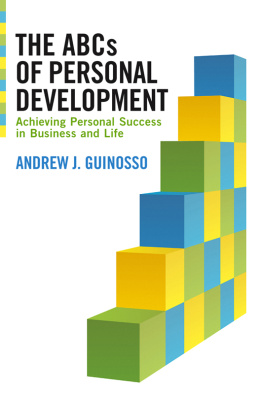

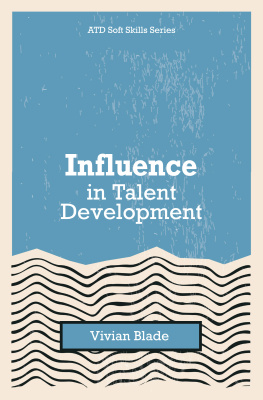
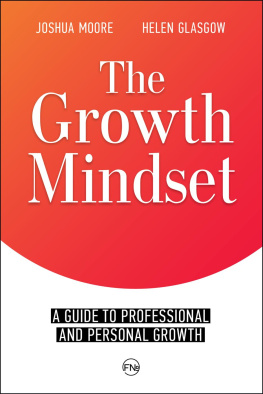

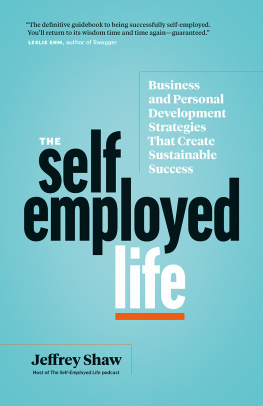
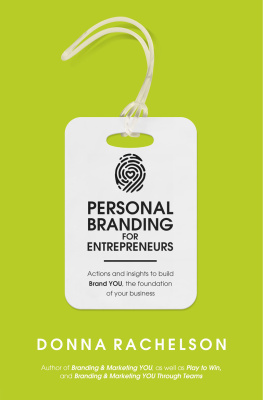
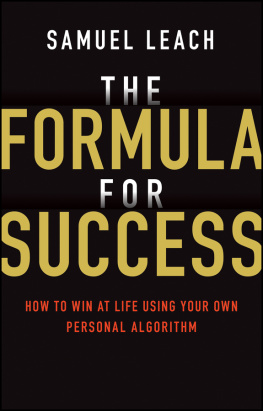
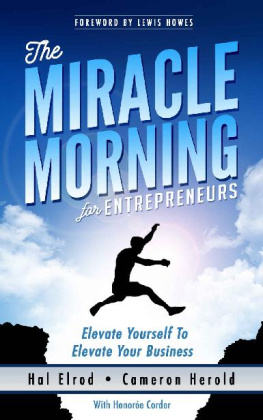
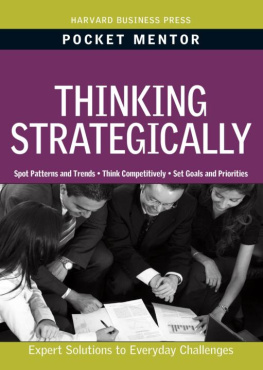

 Up The Organization by Robert Townsend. You do not have to start at the beginning and read alphabetically. You may either open the book randomly and read a particular topic or go to the table of contents and pick a topic that is of interest and begin there. I have also cross-referenced topics so that related ideas are linked.
Up The Organization by Robert Townsend. You do not have to start at the beginning and read alphabetically. You may either open the book randomly and read a particular topic or go to the table of contents and pick a topic that is of interest and begin there. I have also cross-referenced topics so that related ideas are linked.